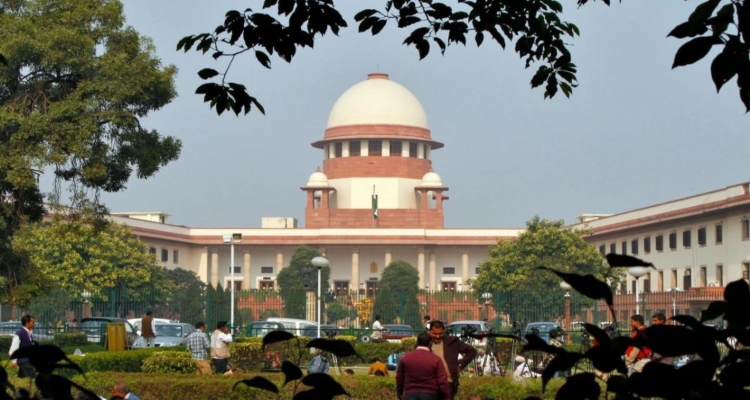
The Supreme Court said on Tuesday that it will hear the appeals of the West Bengal government and other parties in September regarding a Calcutta High Court decision that invalidated the appointments of 25,753 teachers and non-teaching staff in state-run and aided schools.
A bench led by Chief Justice DY Chandrachud provided time for the parties to submit their responses to the petitions by August 16. Chief Justice Chandrachud remarked, “Time for filing the written submissions for the petitioners in the West Bengal group of matters will be extended till next Friday.”
The bench, which included Justices JB Pardiwala and Manoj Misra, directed the nodal counsel to compile a unified electronic record of the documents and ensure all cited judgments were included in a single PDF set. The Supreme Court, which has been dealing with 33 petitions against the High Court’s April 22 judgment, scheduled a final hearing for September.
On July 16, the Court allowed a final chance to submit responses to the pleas against the High Court’s decision. Among these pleas is one filed by the West Bengal government. The bench was informed that several parties had not filed their response affidavits, including the West Bengal government in some cases where it was a respondent.
The bench issued several procedural directions and appointed four lawyers as nodal counsel to compile a common electronic document after coordinating with the various parties’ lawyers. The appointed nodal counsel include Astha Sharma, representing the state government, and Shalini Kaul, Partha Chatterjee, and Shekhar Kumar.
On May 7, the Supreme Court provided significant relief to the teachers and non-teaching staff whose appointments were annulled by the High Court due to irregularities in the hiring process. However, the Court allowed the Central Bureau of Investigation (CBI) to continue its investigation and even investigate state Cabinet members if necessary. The bench instructed the CBI not to arrest any suspects during its investigation.
The Supreme Court clarified that those whose appointments were nullified would need to return their salaries and other benefits if their hiring was deemed illegal. The bench noted that the critical issue was whether the flawed appointments could be isolated, stating that it would be inappropriate to invalidate the entire process if they could be segregated.
The Court described the alleged recruitment scam in West Bengal as a “systemic fraud” and emphasized the state’s responsibility to maintain digital records of the appointments of the 25,753 teachers and non-teaching staff. Chief Justice Chandrachud questioned the state government’s lawyers, saying, “Public jobs are so scarce … Nothing remains if the faith of the public goes. This is systemic fraud. Public jobs are extremely scarce today and are looked at for social mobility. What remains in the system if their appointments are also maligned? People will lose faith, how do you countenance this?”
The High Court had not only canceled the appointments but also ordered the CBI to investigate the recruitment process and report back within three months. Over 2.3 million candidates took the State Level Selection Test (SLST) in 2016 for 24,640 vacancies.
However, 25,753 appointment letters were issued, surpassing the number of vacancies. The High Court ordered those appointed beyond the official vacancies, those hired after the recruitment deadline, and those who submitted blank OMR sheets but still received appointments, to return all salaries and benefits with 12% annual interest within four weeks.




